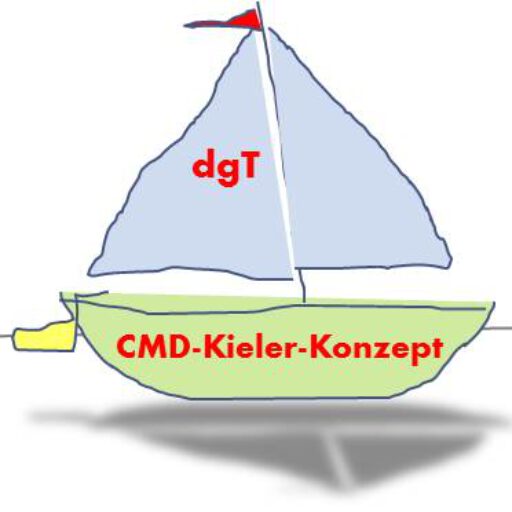The main features of the didactic approach are a combination of:
- illustrated texts
- extensive video material
- interactive training for self-monitoring
- extensive video material
- interactive training for self-monitoring
To understand craniomandibular dysfunction:
- the classification of CMD according to international standards is described
- the CMD-relevant areas of anatomy are presented
- the basics of craniofacial pain and the psychosomatics of CMD are taught
- the CMD-relevant areas of anatomy are presented
- the basics of craniofacial pain and the psychosomatics of CMD are taught
To learn clinical diagnostics, the following are used:
- the patient's medical history is described and practiced realistically in video simulations
- the diagnostic schemes are presented and demonstrated online using patient examples
- diagnoses and treatment planning are trained interactively
- the diagnostic schemes are presented and demonstrated online using patient examples
- diagnoses and treatment planning are trained interactively
As an imaging diagnostic procedure:
- the basics of magnetic resonance imaging (MRI) are presented
- the MR findings provided by the specialist create the basis for the visual MR post-processing
- MR is understood to be an indispensable component of temporomandibular joint diagnosis
- the MR findings provided by the specialist create the basis for the visual MR post-processing
- MR is understood to be an indispensable component of temporomandibular joint diagnosis
To learn the therapy, you will need:
- the therapy path based on the diagnostic therapy is presented
- treatment processes are followed on the basis of typical patient examples
- the control of the therapy according to the methodology of the CMD-Kieler-Konzept dgT is trained
interactively
- treatment processes are followed on the basis of typical patient examples
- the control of the therapy according to the methodology of the CMD-Kieler-Konzept dgT is trained
interactively
